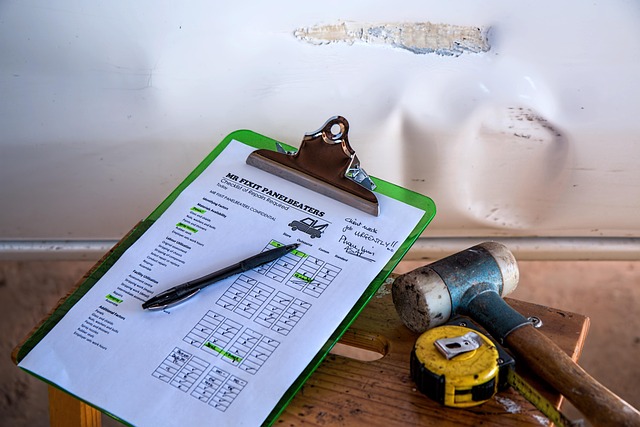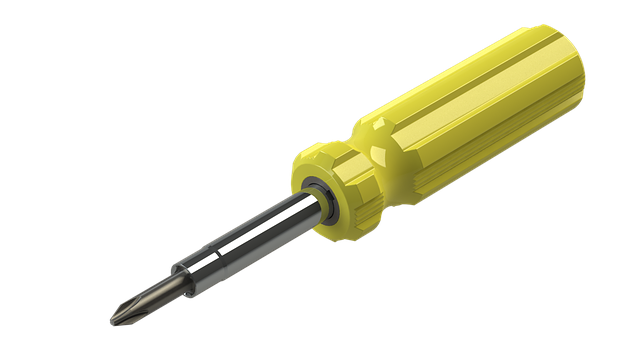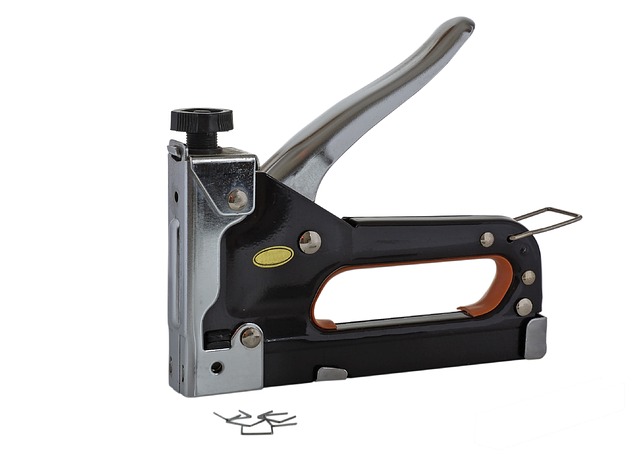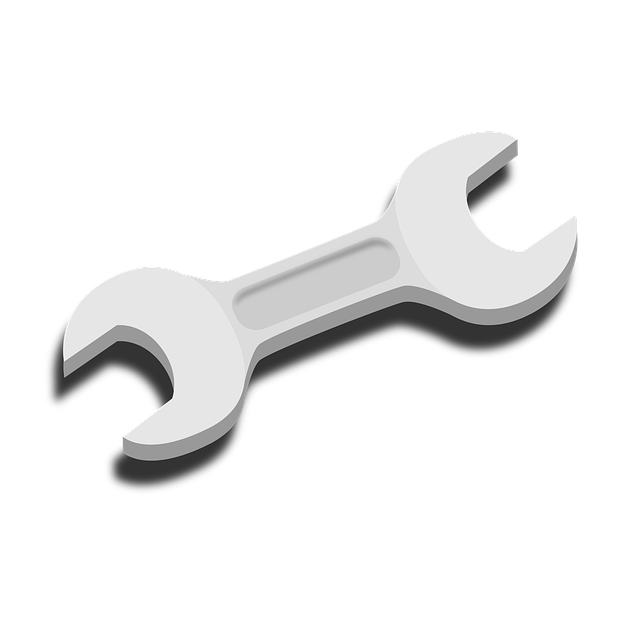Using recycled collision parts for auto repairs offers a cost-effective, environmentally friendly, and high-quality solution. This method utilizes salvaged components from other vehicles, maintaining the car's original integrity and appeal to enthusiasts who value a clean history. Reputable recyclers conduct rigorous inspections and use advanced technologies to ensure safety and compatibility, making it an economical and sustainable choice during economic downturns while preserving vehicle resale value.
Recycled collision parts play a crucial role in maintaining vehicle resale value, offering both environmental and economic benefits. This article delves into the impact of collision repairs on resale values and highlights the advantages of using recycled collision parts. We’ll guide you through understanding quality, safety, and certification standards to ensure these parts deliver performance comparable to new components. By embracing recycled auto parts, car owners can contribute to sustainability while preserving their vehicle’s value in today’s market.
- Understanding the Impact of Collision Repairs on Resale Value
- The Benefits of Using Recycled Collision Parts
- How to Ensure Quality and Safety in Recycled Auto Parts
Understanding the Impact of Collision Repairs on Resale Value
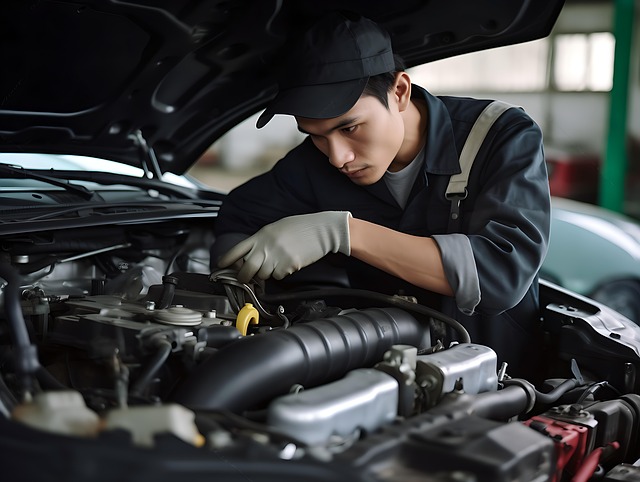
When a vehicle undergoes collision repairs, it can significantly impact its resale value. Traditionally, auto enthusiasts and investors prefer vehicles with a clean history, free from any prior damage or extensive maintenance. Collision repairs, if not executed meticulously, may leave visible traces such as paint inconsistencies, misaligned body panels, or subpar craftsmanship, all of which can deter potential buyers.
Using recycled collision parts offers an innovative solution to mitigate these concerns. By utilizing salvaged components from other vehicles, reputable collision repair shops can provide high-quality repairs while maintaining the vehicle’s original integrity. This approach ensures that the repaired car retains its value, as it appears to be in pristine condition, with no visible signs of damage or previous accidents. Thus, consumers benefit from both economical repairs and preserved resale potential.
The Benefits of Using Recycled Collision Parts

Using recycled collision parts offers numerous advantages for both vehicle owners and the automotive industry as a whole. One of the key benefits is cost savings. Recycled parts are significantly more affordable than brand-new ones, making them an economical choice for those looking to repair their vehicles. This affordability can be particularly attractive during economic downturns or for budget-conscious consumers.
Additionally, opting for recycled collision parts contributes to sustainability and environmental conservation. By reusing materials from damaged vehicles, the demand for new resources in manufacturing decreases, reducing the carbon footprint associated with vehicle production. This eco-friendly approach aligns with the growing global focus on sustainable practices, ensuring that vehicle repair processes are not only cost-effective but also environmentally responsible, including efforts in fender repair and frame straightening.
How to Ensure Quality and Safety in Recycled Auto Parts

When utilizing recycled collision parts for car restoration or auto painting projects, ensuring quality and safety is paramount. Reputable recyclers employ rigorous inspection processes to verify that each part meets specific standards, ensuring they are fit for their intended purposes. These inspections involve meticulous assessments of structural integrity, material composition, and any signs of damage or wear.
Additionally, advanced technologies like laser scanning and 3D imaging aid in precise measurement and compatibility checks. This ensures that recycled collision parts, whether used for car dent repair or more intricate modifications, will safely and effectively contribute to the vehicle’s overall performance and resale value.
Recycled collision parts play a crucial role in maintaining and even enhancing vehicle resale value. By understanding the benefits of using these parts, consumers can make informed decisions that not only save costs but also contribute to a more sustainable automotive industry. Ensuring quality and safety through proper certification and sourcing is key to reaping these advantages. Incorporating recycled collision parts into the repair process helps preserve the value of vehicles, promotes environmental stewardship, and offers a practical solution for both owners and repair shops.
